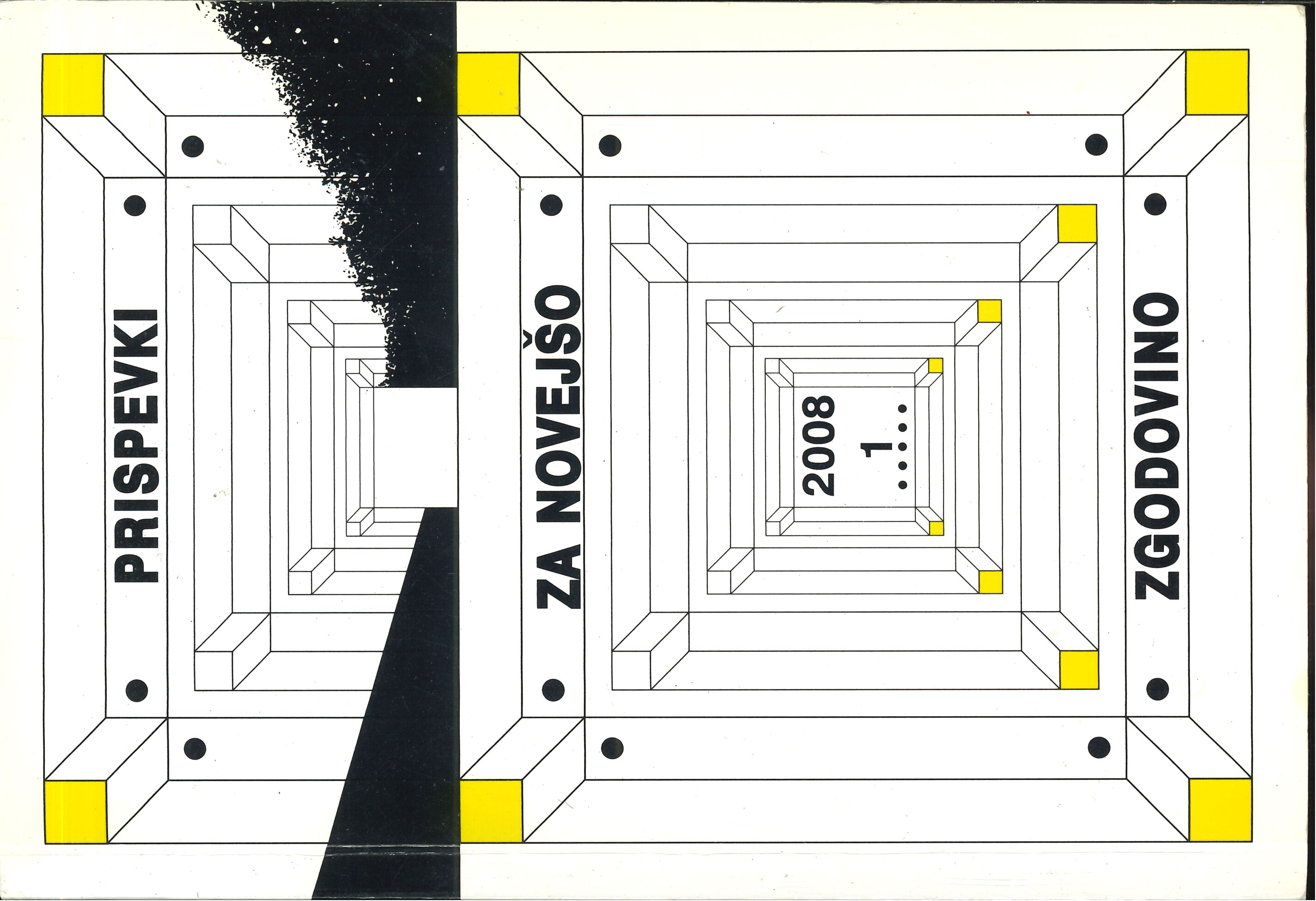On the History of Conscription in the Kingdom of SHS/Yugoslavia
"It Has Always Been a Tradition in the Drava Banate That the Recruits Indulge in Revelry"
Keywords:
Kingdom of Serbs, Croats and Slovens/Yugoslavia, military, military service, conscriptionAbstract
Conscription represents one of the most important contacts between the military and civilian sphere. From the point of view of the state, conscription represents a "debt to one's country", while for young men it is an important turning point in life. In any case, it is a transformation, supposedly making men out of boys. The authorities promoted this "initiation" component, since thus the army gained new significance - it supposedly helped to shape the nation. Due to unitarianism in the Kingdom of Serbs, Croats and Slovenes / Yugoslavia, the significance of the military for the shaping of the nation was even more pronounced. However, the period of "transformation" into manhood involved drinking sprees and revelry, which the authorities tried to prevent. The author focuses on the organisation of recruitment in the Drava Banate in the years 1937-40. Serving alcohol was forbidden, but the recruits would get drunk anyway. Riots as well as political incidents would frequently take place. Civilian authorities at the lowest level were often ineffective, failing to bring the recruits to the assembly point. Conscription gave rise to interesting events, making the everyday life of local communities more interesting, regardless of whether the people were entertained or shocked by the recruits.
Downloads
Published
Issue
Section
License
Authors who publish with this journal agree to the following terms:
- Authors retain copyright and grant the journal right of first publication with the work simultaneously licensed under a Creative Commons Attribution License that allows others to share the work with an acknowledgement of the work's authorship and initial publication in this journal.
- Authors are able to enter into separate, additional contractual arrangements for the non-exclusive distribution of the journal's published version of the work (e.g., post it to an institutional repository or publish it in a book), with an acknowledgement of its initial publication in this journal.
- Authors are permitted and encouraged to post their work online (e.g., in institutional repositories or on their website) prior to and during the submission process, as it can lead to productive exchanges, as well as earlier and greater citation of published work (See The Effect of Open Access).


